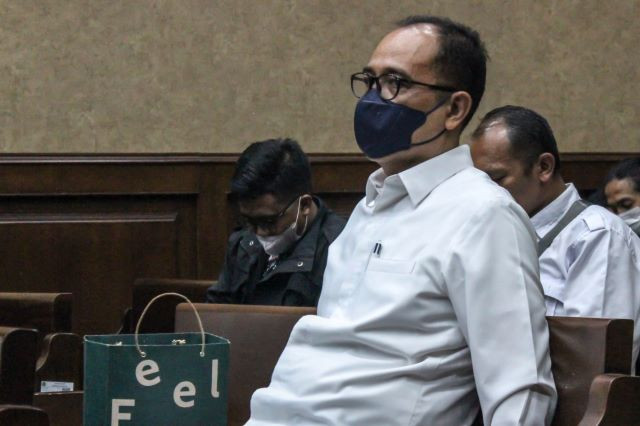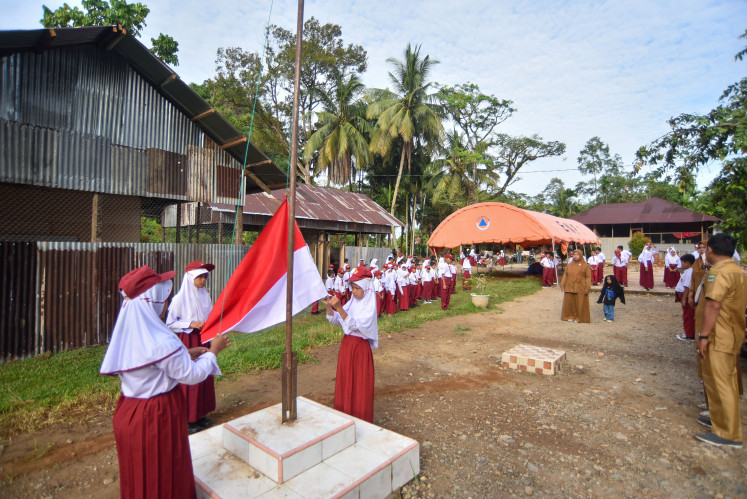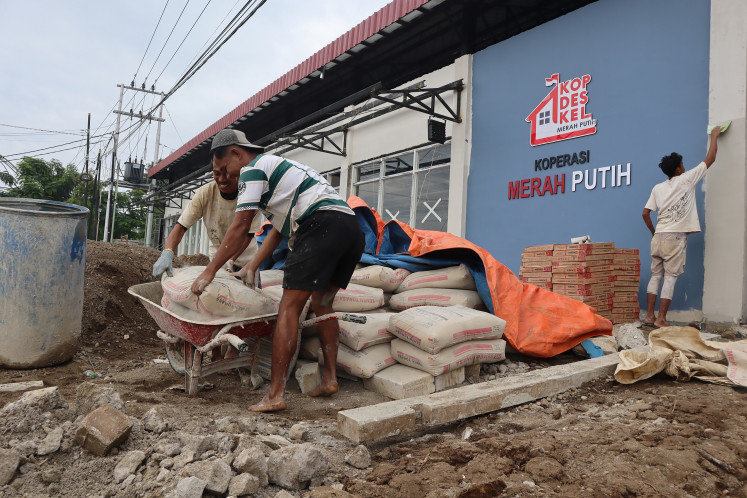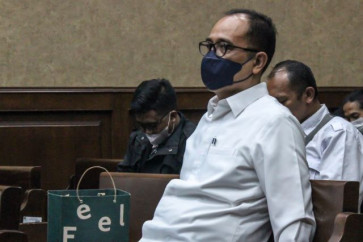Popular Reads
Top Results
Can't find what you're looking for?
View all search resultsPopular Reads
Top Results
Can't find what you're looking for?
View all search resultsAfter 20 years, what's next for the UNCAC and the fight against graft?
With illicit enrichment being criminalized as an independent offense, the unbalanced wealth compared with a public official’s lawful income will be sufficient for conducting a criminal investigation without the requirement to find a prerequisite crime.
Change text size
Gift Premium Articles
to Anyone
O
ct. 31, 2023, marked two decades of the United Nations Convention Against Corruption (UNCAC) since its adoption by the UN General Assembly. The convention is the world’s premier multilateral treaty on preventing and combating corruption, ratified by Indonesia through Law No. 7/2006.
The UNCAC prescribes requirements for its state parties to adopt and consider adopting anticorruption measures in the prevention, criminalization, law enforcement, asset recovery and international cooperation areas.
Pertaining to Indonesia’s obligation to align its domestic law with the UNCAC, the Team for Accelerating Legal Reform recommended in its report issued in September the Corruption Law reform. The team rightly observed that since the ratification of the convention, Indonesia has never updated its Corruption Law, which was enacted in 1999 and first amended in 2001.
Even though the national legislation program 2020-2024 has listed the Corruption Law revision, its deliberation will not commence anytime soon, especially now that lawmakers are focusing on the Feb. 14, 2024, elections.
Further, the team considered it crucial to streamline the Corruption Law with the UNCAC provisions, particularly by criminalizing four UNCAC-based mandatory and semi-mandatory offenses (Rose et al., 2019): foreign bribery, illicit enrichment, bribery in the private sector and trading in influence.
The team suggests the government revise the Corruption Law as part of the medium-term plans, targeting to include the Corruption Law revision in the prioritized national legislation program in 2026.
Why is criminalizing the four offenses essential for Indonesia?



















